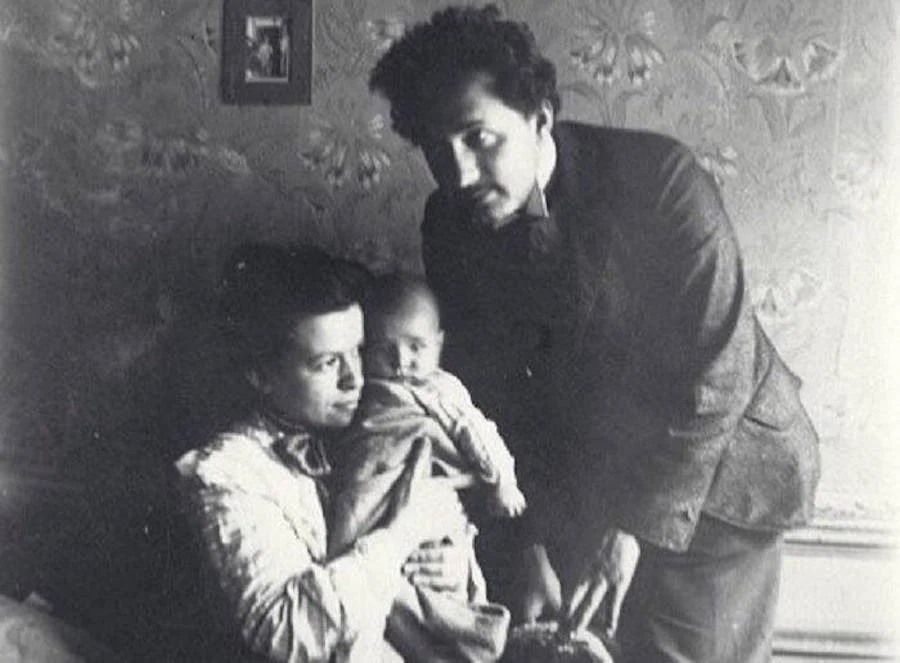Born on August 16, 1920, in Andernach, Germany, and raised in Los Angeles from a young age, Charles Bukowski emerged as one of the most recognizable voices of 20th-century American literature. A prolific writer, Bukowski authored thousands of poems, short stories, and six novels, with a distinct voice rooted in the grit and rawness of urban life and the human experience.
Bukowski’s childhood and youth were tumultuous and marked by poverty, abuse, and the Great Depression’s stark realities. These early experiences would significantly shape the themes and tone of his writings. His works draw heavily from his personal experiences, including a troubled upbringing, menial jobs, and lifelong struggles with alcoholism. Often termed the “laureate of American lowlife,” Bukowski’s literature delves into the lives of ordinary people, the downtrodden, and the marginalized.
Beyond the candid portrayal of the darker aspects of life, Bukowski’s writings offer profound insights into human nature and the broader human experience. The honesty and vulnerability in his work often serve as a reminder that beauty and meaning can be found even in life’s most challenging moments.
Despite facing much criticism and often being deemed controversial, Bukowski has been a significant influence on a range of writers, musicians, and artists. His unconventional life and equally unconventional literary style have inspired countless individuals to embrace authenticity over societal conventions. His poems and prose highlight the importance of resilience, the beauty in the mundane, and the value of living life on one’s own terms.
List of 30 The Most Inspirational Quotes from Charles Bukowski
- “What matters most is how well you walk through the fire.”
- “Find what you love and let it kill you.”
- “You have to die a few times before you can really live.”
- “We are here to laugh at the odds and live our lives so well that Death will tremble to take us.”
- “Some people never go crazy. What truly horrible lives they must lead.”
- “The free soul is rare, but you know it when you see it – basically because you feel good, very good, when you are near or with them.”
- “There’s a bluebird in my heart that wants to get out but I’m too tough for him.”
- “You get so alone at times that it just makes sense.”
- “I wanted the whole world or nothing.”
- “Real loneliness is not necessarily limited to when you are alone.”
- “The problem with the world is that the intelligent people are full of doubts, while the stupid ones are full of confidence.”
- “Beware those quick to praise, for they need praise in return. Beware those who are quick to censor, they are afraid of what they do not know.”
- “An intellectual says a simple thing in a hard way. An artist says a hard thing in a simple way.”
- “If you’re losing your soul and you know it, then you’ve still got a soul left to lose.”
- “People with no morals often considered themselves more free, but mostly they lacked the ability to feel or love.”
- “Unless the sun inside you is burning your gut, don’t do it.”
- “Can you remember who you were, before the world told you who you should be?”
- “I carry death in my left pocket. Sometimes I take it out and talk to it: ‘Hello, baby, how you doing? When you coming for me? I’ll be ready.'”
- “It was true that I didn’t have much ambition, but there ought to be a place for people without ambition, I mean a better place than the one usually reserved.”
- “We don’t even ask for happiness, just a little less pain.”
- “The most beautiful thing about most humans is their capacity to understand others.”
- “For those who believe in God, most of the big questions are answered. But for those of us who can’t readily accept the God formula, the big answers don’t remain stone-written.”
- “Almost everybody is born a genius and buried an idiot.”
- “There is a loneliness in this world so great that you can see it in the slow movement of the hands of a clock.”
- “Sometimes you climb out of bed in the morning and you think, I’m not going to make it, but you laugh inside — remembering all the times you’ve felt that way.”
- “Nothing was ever in tune. People just blindly grabbed at whatever there was: communism, health foods, zen, surfing, ballet, hypnotism, group encounters, orgies, biking, herbs, Catholicism, weight-lifting, travel, withdrawal, vegetarianism, India, painting, writing, sculpting, composing, conducting, backpacking, yoga, copulating, gambling, drinking, hanging around, frozen yogurt, Beethoven, Back, Buddha, Christ, TM, H, carrot juice, suicide, handmade suits, jet travel, New York City, and then it all evaporated and fell apart.”
- “My beerdrunk soul is sadder than all the dead Christmas trees of the world.”
- “We’re all going to die, all of us; what a circus! That alone should make us love each other, but it doesn’t. We are terrorized and flattened by life’s trivialities; we are eaten up by nothing.”
- “I never met another man I’d rather be. And even if that’s a delusion, it’s a lucky one.”
- “I had no interests. I had no interest in anything. I had no idea how I was going to escape. At least the others had some taste for life. They seemed to understand something that I didn’t understand. Maybe I was lacking. It was possible. I often felt inferior. I just wanted to get away from them. But there was no place to go.”
What We Should Learn from Charles Bukowski
Charles Bukowski’s life and work stand as a testament to the indomitable spirit of human beings. Despite facing countless adversities, he found a way to express his innermost feelings, fears, and observations, teaching us the following:
- Authenticity Matters: Bukowski never shied away from portraying life as he saw it, no matter how raw or unpalatable. His commitment to truth teaches us the value of authenticity and genuine self-expression.
- Resilience in the Face of Adversity: Despite facing numerous challenges throughout his life, Bukowski continued to write, demonstrating the importance of resilience and perseverance.
- Find Beauty in the Mundane: Many of Bukowski’s works center around everyday life, reminding us that there’s beauty and poetry in even the most ordinary moments.
- Embrace Individuality: Bukowski often challenged societal norms and conventions, urging us to embrace our unique paths and individualities.
In conclusion, Charles Bukowski’s life and writings offer a raw, unfiltered look into the complexities of the human experience. His stories of resilience, authenticity, and individuality serve as reminders that each of us has a unique voice, and even in our darkest moments, there’s potential for beauty and inspiration. Embracing the lessons from Bukowski’s life can guide us in our journeys, pushing us to remain authentic, resilient, and ever-observant of the world around us.





